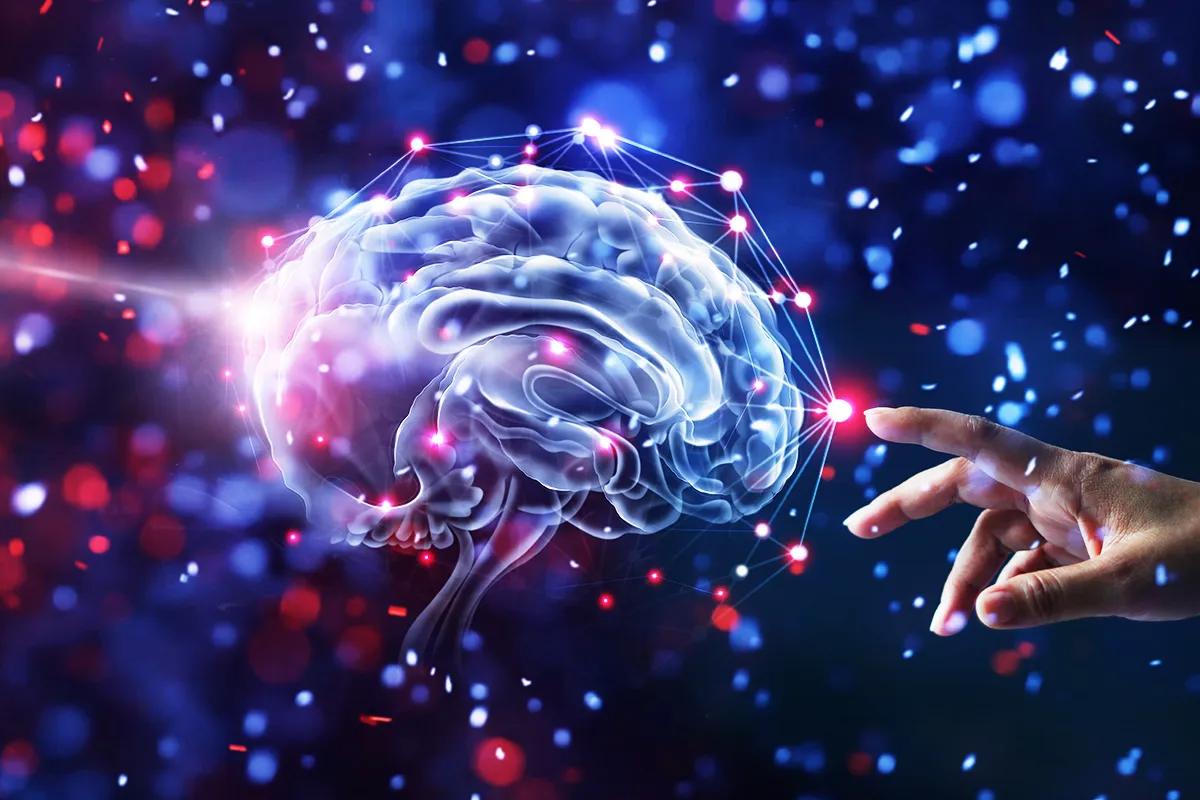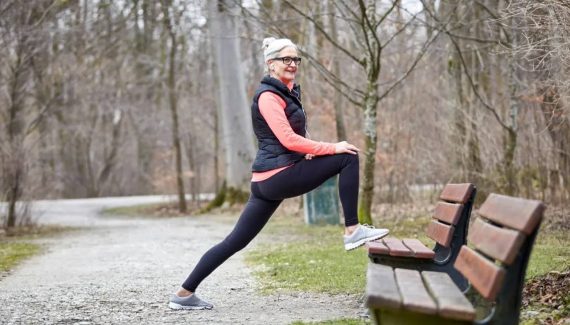Living with Post-Traumatic Stress Disorder (PTSD) is like walking on a tightrope. It’s a delicate, high-stakes balancing act that’s as complex as it is demanding. You’ve probably heard of many traditional treatment options, but today, we’re going to explore an unconventional one: cannabis. Let’s set aside the stigma and dive straight into the facts. Together, we’ll demystify cannabis, debunk common misconceptions, and uncover potential benefits it may offer to those struggling with PTSD.

Image Credit: longevity.technology
Contents
Getting to Know PTSD
PTSD is like an uninvited guest that overstays its welcome. It can appear after experiencing or witnessing a traumatic event and settle in, making itself at home in your life. Its calling cards? Nightmares, severe anxiety, and intrusive thoughts. Its arrival is often unexpected, turning life as you know it on its head.
Nobody is immune to PTSD; it can touch anyone, from the toughest war veteran to the unsuspecting bystander of an accident. With an estimated 3.5% of U.S. adults grappling with this intrusive condition, PTSD has both mental and physical health implications, extending its grasp from the mind to the body. Its impact is often underestimated, yet it leaves a lasting mark on those affected.
Meet Cannabis: Your Potential Ally
Long before it became a contentious issue, cannabis was quietly serving humanity in various ways: medicine, recreation, and even spiritual practices. Two of its key components, THC and CBD, engage our bodies in a fascinating dance with our endocannabinoid system, influencing everything from pain sensations to our mood. These compounds hold an extraordinary power that could change how we understand and approach health.
The stigmatized plant is not just about the ‘high’. It’s a multifaceted agent with potential benefits like pain relief, inflammation control, and more. This green marvel has far more to offer than meets the eye. But, how does it interact with PTSD? Let’s find out.
The Intersection of Cannabis and PTSD
Emerging research paints an intriguing picture. Several studies suggest a potential therapeutic relationship between cannabis and PTSD. One such study in the Journal of Psychopharmacology highlighted the role of cannabis in reducing nightmares and improving sleep quality in PTSD patients. These findings open up a new avenue of possibilities that could revolutionize PTSD treatment.
People living with PTSD have shared stories of finding solace in cannabis, adding a layer of real-life evidence to the mix. The calming and sleep-promoting effects of THC and CBD appear to offer some comfort to those living in the shadows of trauma. These personal experiences, although not a replacement for scientific research, offer a glimmer of hope and a compelling case for further study.
The Legal Maze: Cannabis in the U.S.
Despite the potential benefits, the law adds another layer of complexity. Federally, cannabis is a no-go. However, states have their say, and their voices range from strict prohibition to open acceptance for both medicinal and recreational use. Always check the legality in your state here. Staying informed is essential to navigate this tricky terrain. For example, the law in Georgia says that cannabis is legal only for medical use. People who have PTSD can get an evaluation by a licensed doctor, and upon approval, get a medical marijuana card in Georgia, which grants them access to cannabis.
Navigating this legal labyrinth can be a challenge, especially for those seeking the potential therapeutic benefits of cannabis. The golden rule? Always follow your local laws and consult with a healthcare provider. As complicated as it might seem, keeping abreast with the latest legal updates can help you make the right decisions about your health.
When it comes to taking cannabis, options abound. You might smoke it, eat it, or even use it as an oil. Each method has its ins and outs, varying in how quickly it works and how long it lasts. Understanding these dynamics can help you choose the method that best aligns with your lifestyle and health needs.
As with any treatment, caution is key. Side effects like dry mouth, a rapid heartbeat, or temporary cognitive changes can occur. It’s critical to have these conversations with a healthcare provider to ensure you’re taking the right approach for you. Every step you take towards better health should be made with careful consideration and sound advice.
Clearing the Air: Common Questions
Misinformation can cloud our understanding of cannabis. We’ll shine a light on some of the common questions and misconceptions, providing evidence-based answers to help you make an informed decision. By dispelling these myths, we aim to create an environment where informed, responsible decisions about cannabis use can be made.
Wrapping Up
Cannabis isn’t a one-size-fits-all answer, but for some, it might provide a piece of the puzzle in managing PTSD. As always, expert advice is crucial when considering new treatment avenues. This journey, while personal, should always be guided by the insights and recommendations of healthcare professionals.
Navigating the terrain of PTSD can feel like a solitary journey, but remember, you’re not alone. It’s our sincere hope that each new piece of information you gather nudges you closer to a place of understanding, comfort, and wellbeing. You have a community here, ready and eager to support you every step of the way.


